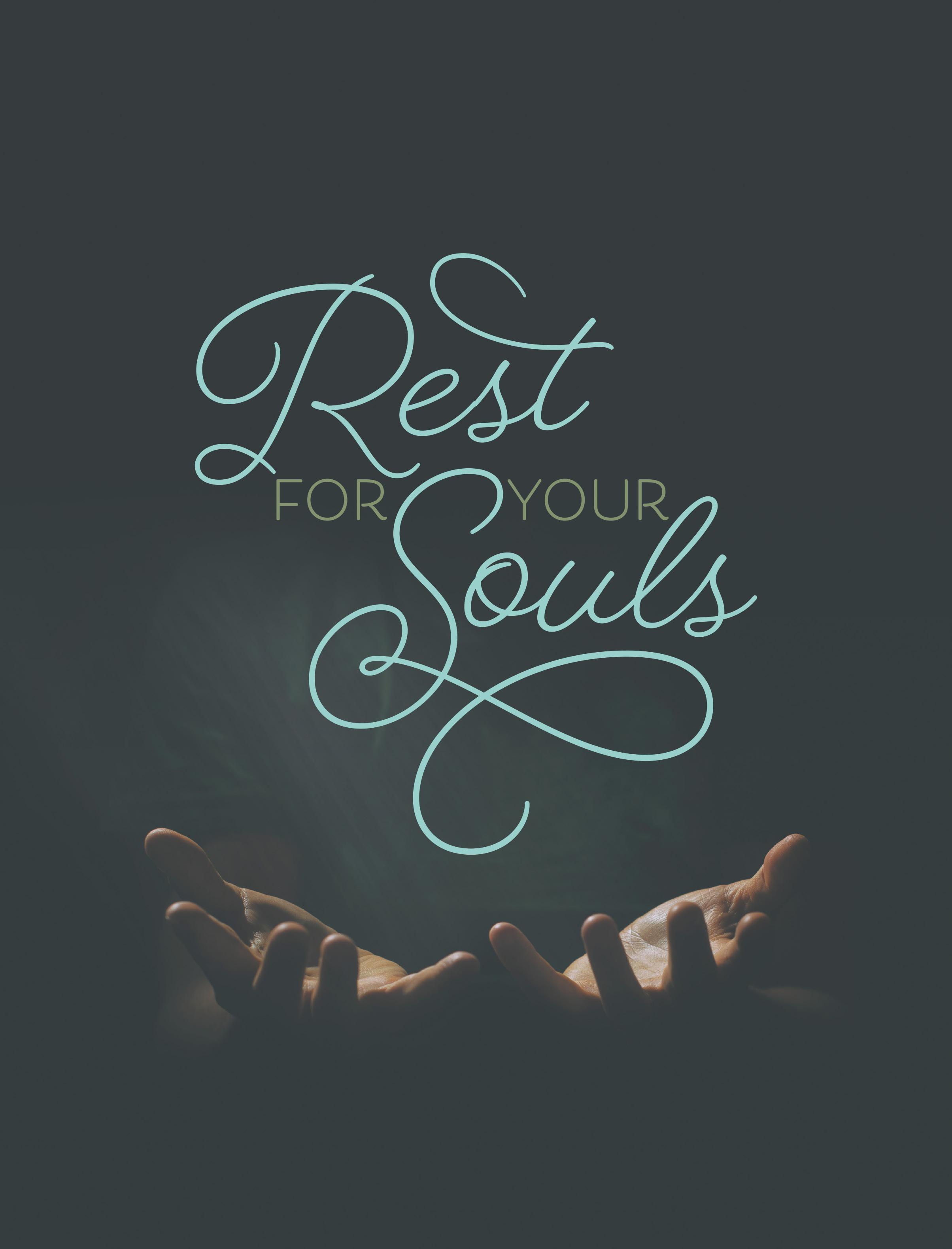
4 minute read
Rest, Restoration and Resilience
What do you think of when people talk about the three Rs? Perhaps you thought of the 2022 Indian language movie, RRR. Or maybe it was the three Rs of learning: Reading, Writing and Arithmetic. (Still not quite sure how they are all R words, but that’s for another day!)
Lately, I’ve been thinking of three other R words: Rest, Restoration and Resilience. In May I was privileged to attend a Salvation Army directed spiritual retreat held in the Wairarapa. The theme for the week was Behold, shifting our gaze to God based on Psalm 105:4. We each were encouraged to slow down, to rest, yes, even sleep if that was what was needed, and to reconnect with God.
Rest is so important for our wellbeing, our relationship with ourselves, others and with God. In Matthew 11:28, Jesus says, ‘Come to me, all who are weary and burdened, and I will give you rest’. Although stopping and resting is good, more is needed for there to be restoration of our wairua (spirit). At the retreat, as well as rest, we reflected on God’s Word, practised a variety of spiritual disciplines, had extended times of silence and had the opportunity to journey with an experienced spiritual director. Those who attended testified to the strong sense of restoration, answers to prayers and deeper relationships with God.
The third R is resilience. Matt Bloom in his article, ‘Flourishing in Ministry: Clergy, Ministry Life and Wellbeing’, writes ‘Resilience is the capacity to respond to challenges and the capacity to grow and learn from those challenges at the same time’. In a world that is fast-paced and ever-changing, our wellbeing is crucial. One way I have discovered to build resilience is to remember the acronym PENS: Pleasure, Exercise, Nutrition, Sleep. Have you done something this week that brings you pleasure? Have you exercised and eaten well this week? And are you getting enough sleep?
How are you doing in the areas of rest, restoration and resilience?
Lt-Colonel Liz GainsfordTerritorial Secretary for Spiritual Life Development
Matthew 11: 28–30
Come to me, all you who are weary and burdened, and I will give you rest. Take my yoke upon you and learn from me, for I am gentle and humble in heart, and you will find rest for your souls. For my yoke is easy and my burden is light. (NIV)
Haere mai ki ahau, e koutou katoa e māuiui ana, e taimaha ana, ā, māku koutou e whakaokioki. Tangohia tāku ioka ki runga ki a koutou, kia whakaakona koutou e ahau; he ngākau māhaki hoki tōku, he ngākau pāpaku: ā, e whiwhi koutou ki te okiokinga mō ō koutou wairua. He ngāwari hoki tāku ioka, he māmā tāku pīkaunga. (PT)
Dou lako mai vei au, koi kemudou vakaaduaga sa oca ka colata nai colacola bibi, ia kau na vakacegui kemudou. Vakataqara vei kemudou na noqu i vua, ka vuli vei au, niu sa yalomalua ka yalomalumalumu: dou na kunea kina na vakacegu ni yalomudou. Ni sa rawarawa na noqu i vua, ka mamada na noqu i colacola. (FOV)
Agar tum bojha ḍhote ḍhote thak gaya hei to hamaar lage aao, ham tumme araam dega. Hamaar juaaṭha (yoke) aapan uppar uṭhaao aur ham se seekho, kaahe ke ham naram dil ke aur deen hei, aur tumme araam mili. I juaaṭha ḍhoy meñ sahaj hei, aur bojha bhi halluk hei. (FRHNT)
Ha‘u kiate au, ‘a kimoutolu kotoa pe ‘oku fakaongosia mo māfasia, pea te u fakamālōlō kimoutolu. ‘Ai ‘eku ioke kiate kimoutolu, pea mou ako ‘iate au: he ‘oku ou fa‘a kataki mo angafākatu‘a, pea te mou ‘ilo ha mālōlō ‘i homou laumalie. He ko e ioke a‘aku ‘oku molū, pea ko e kavenga a‘aku ‘oku ma‘ama‘a. (TMB)
Ia outou o mai ia te au, o outou uma o e tigaina ma mafatia i avega, o a‘u foi e malolo ai outou. Ia outou amoina la‘u amo, ma ia outou faaa‘oa‘o ia te au, auā o a‘u lē agamalu ma le loto maulalo; ona maua lea e outou o le malologa mo outou agaga. Auā e avegofie la‘u amo, o la‘u avega foi e māmā ia. (SOV)










